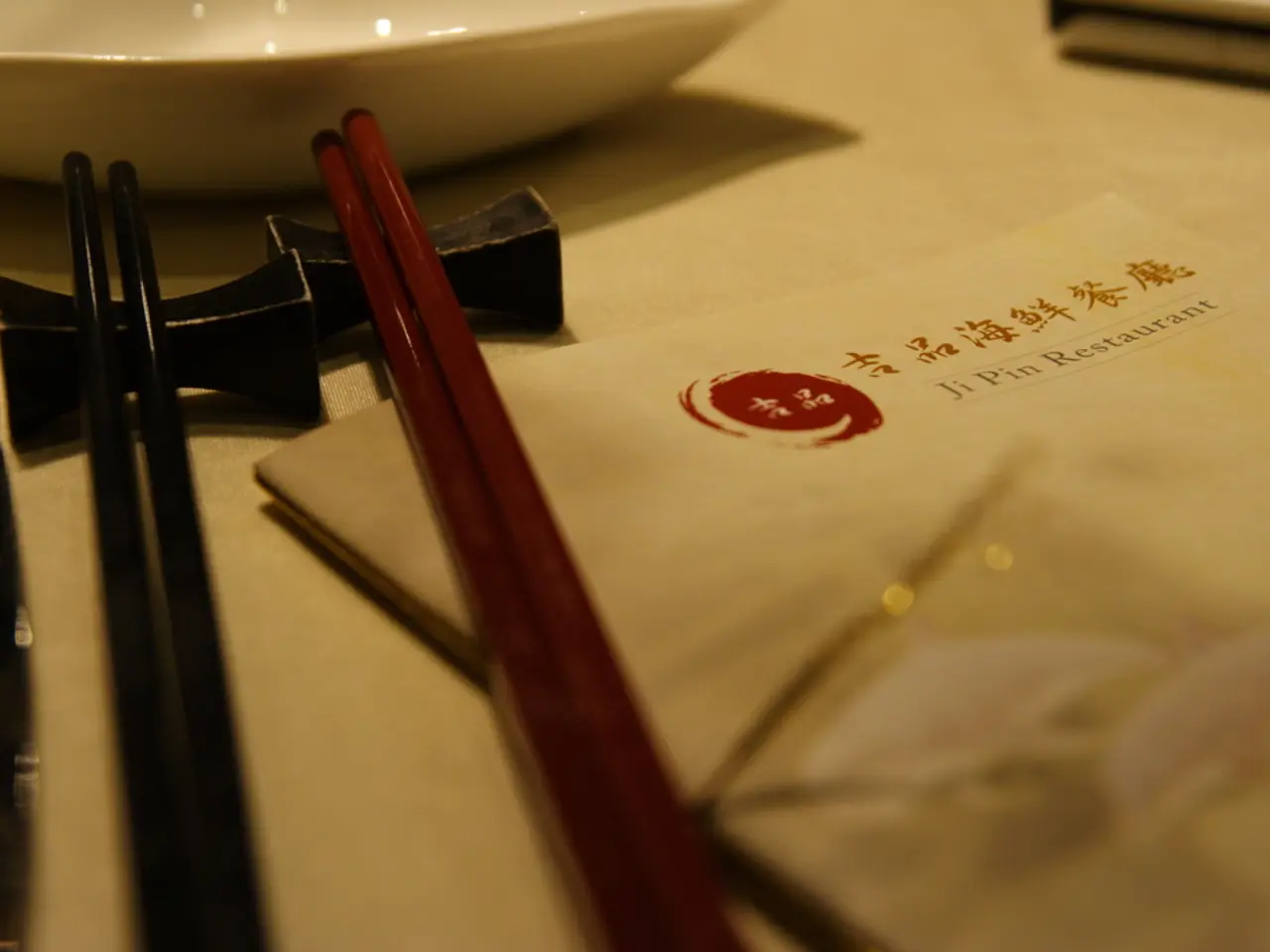China seeks to reduce extravagant expenses, fueling apprehensions among some officials regarding curtailing everyday purchases such as coffee.
In a bid to enforce fiscal discipline and curb bureaucratic extravagance, China's campaign to rein in wasteful government spending has brought about unforeseen implications for civil servants, state-owned enterprise employees, and the broader economic landscape.
One such unintended consequence is the suppression of government-related consumption. The austerity measures, which prohibit lavish banquets, luxury travel, and opulent office environments, have led to decreased revenues for high-end restaurants, luxury goods, and premium alcohol brands.
These restrictions, aimed at preventing waste of public funds and corruption, have also led to reduced consumption and cautious spending behaviour among officials. This cautious fiscal behaviour not only dampens demand for luxury services and goods but also reflects a broader consumer sentiment affected by economic uncertainty.
The impact on consumer confidence and domestic consumption is significant. The austerity measures coincide with other economic challenges such as high youth unemployment and shifting saving behaviours due to uncertain times. This combination has restrained efforts to stimulate domestic consumption, which the Chinese government widely recognises as necessary to rebalance economic growth.
Moreover, the mixed policy signals sent by the government are causing confusion. While the government also plans stimulus measures to boost consumption and investment through expanded fiscal spending, the simultaneous austerity campaign sends conflicting messages. On one hand, broad fiscal stimulus aims to increase domestic demand; on the other, stringent cuts in government-related consumption undermine parts of the service sector vital for domestic demand recovery.
The story of Wang, a 55-year-old civil servant from a small town in northeastern China, illustrates these challenges. A frequent diner who often socialised at gatherings unrelated to his government job, Wang has now become a homebody due to the current economic climate. He has skipped his niece's wedding and avoids restaurants, fearing the stigma of being seen at a banquet.
The stricter rules, part of a series of measures to limit ostentatious celebrations by officials, have caused concern among civil servants and state-owned enterprise employees. The new rules ban the consumption of cigarettes, liquor, and "high-end dishes" at official receptions.
The practice of ostentatious celebrations by officials has been a source of simmering public resentment. Beijing's efforts to address this issue may have a ripple effect on the overall social and economic climate in China.
This article is part of a three-part series exploring China's domestic economic challenges during a trade war with the United States. In the following instalments, we will delve deeper into the impact of the trade war on China's economy and the government's efforts to mitigate its effects.
[1] "China's Austerity Campaign: The Unintended Consequences." The Diplomat. Accessed June 15, 2022. https://thediplomat.com/2019/01/chinas-austerity-campaign-the-unintended-consequences/
[2] "China's Austerity Campaign: A Double-Edged Sword." China Economic Review. Accessed June 15, 2022. https://www.chinaeconomicreview.com/chinas-austerity-campaign-a-double-edged-sword/
- The austerity measures in China, intended to curb government spending, have led to decreased revenues in the high-end restaurant, luxury goods, and premium alcohol sectors, as well as reduced consumption among civil servants.
- The economic uncertainty and cautious spending behavior resulting from China's austerity campaign have also affected the broader economy, including domestic consumption, which the government recognizes as essential to rebalancing economic growth.
- The mixed signals sent by the government, with both austerity and stimulus measures in place, are causing confusion, particularly in the service sector vital for recovery from the impact of the austerity campaign.




